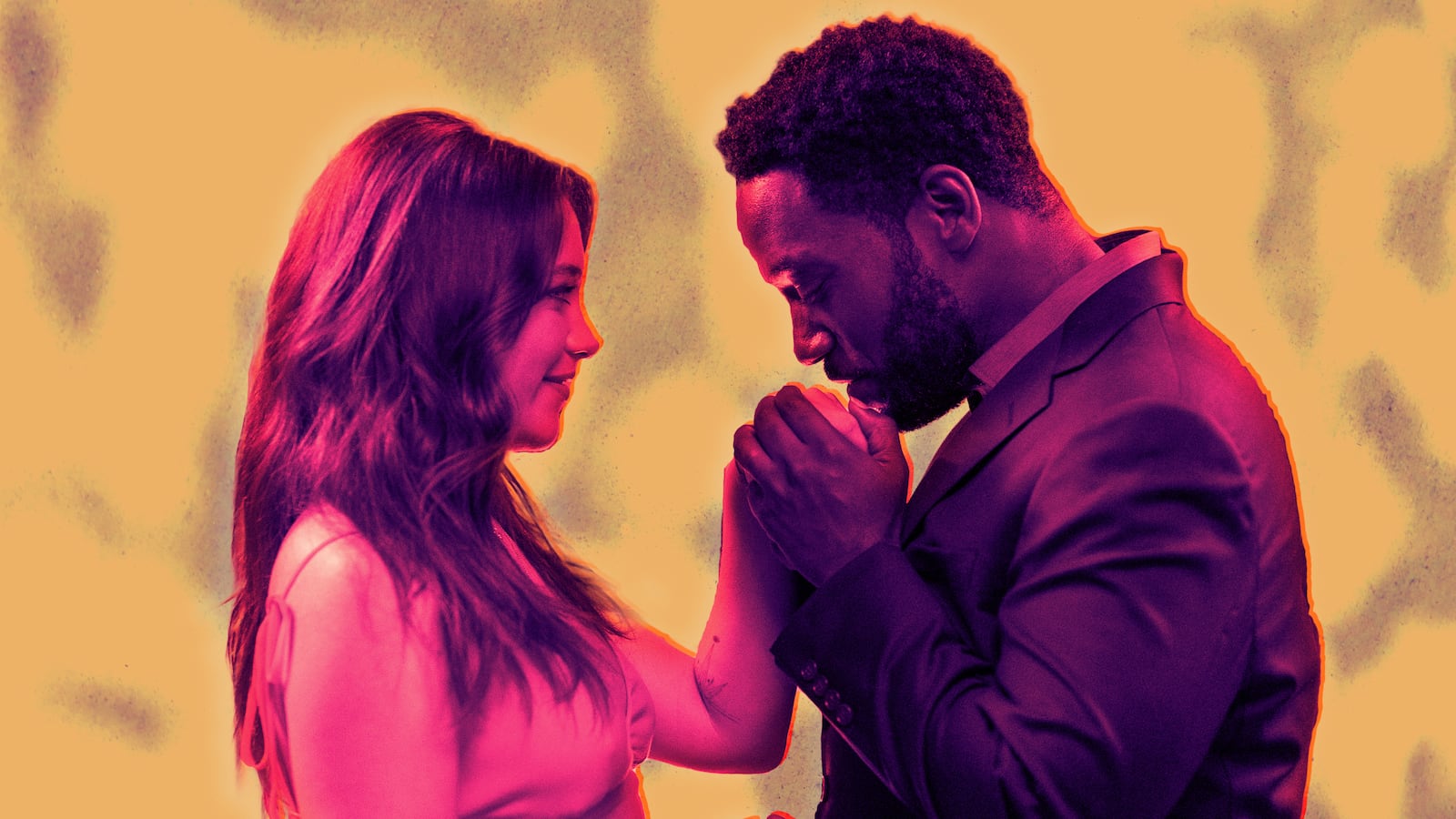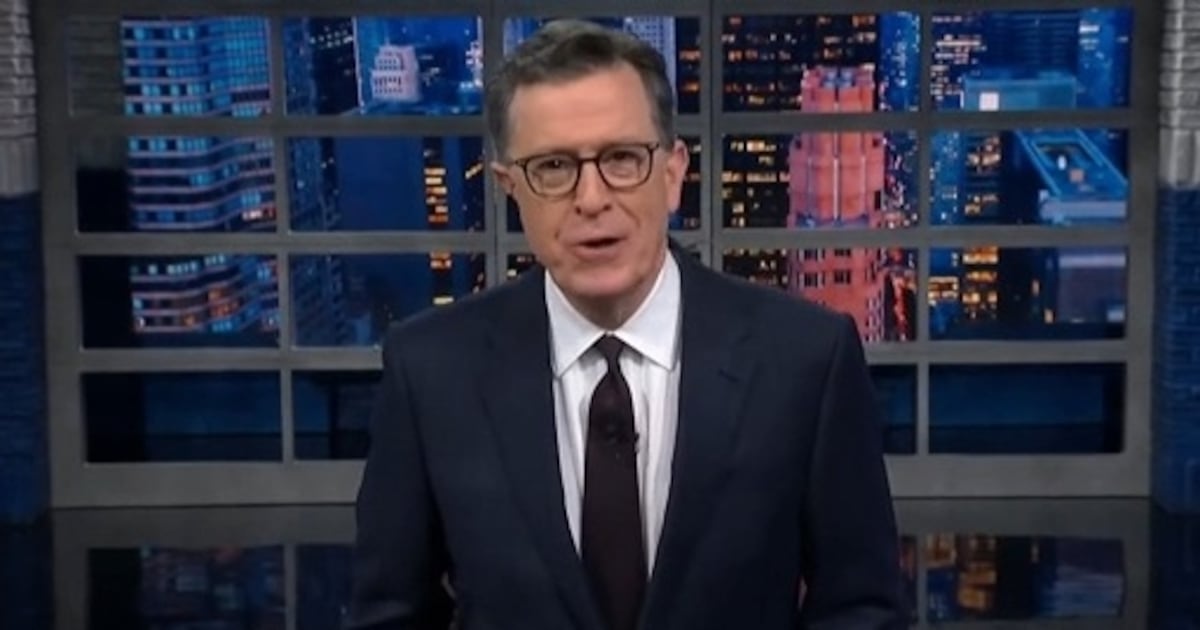The new dramedy A Good Person, in theaters this Friday, comes with some baggage. First, you have the film’s writer and director Zach Braff, who’s filmmaking debut Garden State elicits constant opining from some critics about how much it actually sucked.
His follow-ups, Wish I Was Here in 2014 and Going In Style in 2017, didn’t do much to boost his approval rating as an auteur. And at first glance, A Good Person might look like another round of schmaltzy, mid-2000s fare with some possibly dubious racial dynamics, including Morgan Freeman aiding yet another white protagonist. That’s not to mention that the film stars Braff’s former romantic partner Florence Pugh, whose relationship with the much-older Scrubs star has spurred some annoyingly sexist backlash.
Well, all prior hangups and skepticism be damned because A Good Person is actually not a bad movie. In fact, it’s quite good, in a head-scratching, mind-boggling sort of way.
It’s not that the film is ambiguous about any of its subjects (it’s quite the opposite) or purposely intellectual. By today’s standards, A Good Person is a very conventional movie treading familiar thematic territory. But it’s also pretty bonkers, like a Hallmark movie you know is insane but still manages to make emotional sense.

"
Jeong Park / Metro Goldwyn Mayer PicturesThe fact that Braff spotlights the opioid crisis makes some parts of the film—mostly, its wacky comedic elements—even more bonkers. And scenes meant to underscore the nefariousness of Big Pharma can feel like an elongated Ad Council video. By the end though, you walk away experiencing something strangely affecting and even profound about addiction, loss, and guilt. It’s a novel experience, given how rarely Braff’s saccharine films actually succeed in actually making you feel.
We first meet our soon-to-be tortured protagonist Allison (Pugh), as she performs a piano ballad for a room full of family and friends. At the start of the film, Allie is an exuberant and funny pharmaceutical rep who’s about to marry her equally charming fiancé Nathan (Chinaza Uche). We get a short glimpse of her blissful, idyllic life—and her flippancy towards drug addiction—before a shocking tragedy sets off the film: On her way to try on wedding dresses with Nathan’s sister, Molly (Nichelle Hines), and her husband, Jesse (Toby Onwumere), Allie gets into a collision on the highway, killing both her future relatives and leaving her with severe head trauma.
Flash forward a year and some change later, and Allie’s quit work, dumped Nathan, and is living in her childhood home in New Jersey with her doting, wine-guzzling mother, Diane (Molly Shannon). Allie is obviously still depressed from the accident and relying on OxyContin for “headaches,” despite the fact that she’s ostensibly healed. We understand the severity of her addiction, which includes downing alcohol first thing in the morning, when Diane refuses to give her daughter more pills. The two end up getting into a heated argument that turns into a violent scuffle, forcing Diane to flush her last refill down the toilet.
This fight sends Allie on a desperate mission to find more opioids, including from a high school classmate (played by Alex Wolff) in a pivotal, drawn-out scene that strangely earns the most laughs in the entire movie. Soon after, Allie gains some clarity and visits an Alcoholics Anonymous group where Nathan’s father Daniel (Freeman), who she was never formally introduced to, is also in attendance. Her unresolved guilt from the car accident sends her running out the door, but, as the film necessitates, Daniel follows.
The majority of A Good Person sees Allie and Daniel trauma-bonding over Molly’s death while supporting one another’s sobriety. For the entire movie, Allie is wrestling with shame and questioning whether she can continue living with the blood of two human beings on her hands. And as an audience, we’re automatically sympathetic to and understanding of her plight. However, the baggage Daniel is carrying is a little more complicated.

The Vietnam War veteran and ex-cop—which he mentions an odd amount of times in this movie—inflicted severe wounds on his family as a raging alcoholic and has a presently fractured relationship with Nathan. Daniel’s also been tasked with raising Molly’s daughter Ryan (Celeste O’Connor), who’s experiencing her own grief on top of the growing pains that come with being a hormonal teenager.
Allie’s friendship with Daniel and eventually his daughter Ryan doesn’t come easy throughout the film. Nor is her relationship with this Black family the sort of one-way, trauma-dumping exchange you would expect in a sentimental drama co-starring Freeman, whose most iconic roles have necessitated the acknowledgement of the “Magical Negro” archetype in Hollywood. While Allie and Daniel are temporary balms in each other’s dreary lives, they both still lack clear-cut resolutions to their problems. And despite how clearly we can read these characters based on their backstories, Braff isn’t necessarily interested in digging for these answers.
Ultimately, A Good Person succeeds in showcasing the fragility of a person’s mental health and how much heavy-lifting is often required to maintain it. While the plot feels primed for the “one chance interaction can change your life” sort of messaging, the movie proves that it rarely does without an additional network of support. For instance, the systematic struggles of overcoming addiction come into focus, regarding Allie and Diane’s employment statuses that leaves them without health insurance. And despite how well-meaning Diane is as a mother, she also unknowingly becomes a corrupting force.
The movie ultimately works in the way most multi-generational, interracial comedies often don’t, in that its characters are working to maintain a common ground that’s already been established. In similar movies, the protagonists would spend the duration of the film trying to find a shared, often unbalanced experience through didactic monologues about difference and tolerance. Braff, thankfully, spares us from this route.
That said, this film is oddly colorblind. The destruction Allie causes to this Black family, albeit accidental, feels ripe for its own commentary on white women’s recklessness. And yet, you don’t feel the need to roll your eyes at Allie during the entire film. As much as Braff forces you to sympathize with the weight of her guilt, the film never absolves her of her actions or diminishes the horrific reality she’s caused.
It takes a minute, though, to understand what the movie ends up getting right, because it’s so mawkish and tonally uneven at parts.

Braff’s comic sensibilities often disrupt moments that should be jarring and downright disturbing, like when Allie is bullied into admitting that she’s a junkie by her old high-school acquaintances, or other moments where she’s desperately seeking drugs. Practically, any scene involving the characteristically hysterical Shannon elicits a laugh, despite how hellish she makes Allie’s life. For example, an otherwise distressing sequence in which Allie reaches a breaking point in her mental health is undercut by The Other Two’s star’s riffing outside of her bedroom.
As disorienting as A Good Person can be at times, it’s ultimately grounded by the undeniable chemistry between its two stars, Pugh and Freeman. O’Connor also elevates what could’ve been a stereotypical bratty teenager performance into a multi-dimensional portrayal of a child’s grief. Overall, the journey towards an emotional payoff amidst all of this film’s chaos is a bit shaky. But, in a surprising turn of events for Braff, it manages to get there.
Liked this review? Sign up to get our weekly See Skip newsletter every Tuesday and find out what new shows and movies are worth watching, and which aren’t.






